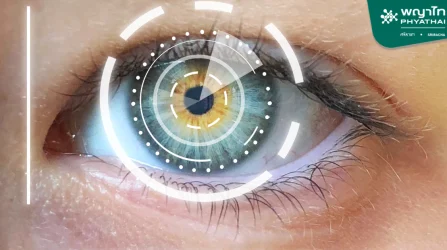It could be a sign of heart disease without us realizing it. If you are someone who is concerned that you or someone close to you may be at risk of heart disease, don't just sit and worry. Let's check to make sure what type of symptoms are indicative of "heart disease."
For further information or Booking..
Frequent left-sided chest pain may not always be related to heart disease.
Although tight and constricting chest pain that feels like something is pressing on the left side of the chest may be a symptom commonly associated with heart disease, it doesn’t necessarily indicate a hundred percent certainty of heart disease. Some people may experience sharp, stabbing chest pain similar to indigestion or pain in the rib cage, which may not necessarily be related to heart disease. Besides being the location of the heart, the left side of the chest also contains heart muscles, delicate rib bones, and numerous nerves. If we engage in excessive physical activity or adopt incorrect posture, it can also lead to sudden chest pain.
The diagnosis of heart disease must consider other accompanying symptoms, such as palpitations, dizziness, lightheadedness, and shortness of breath, as well as individuals with risk factors for heart disease, such as high blood pressure, high cholesterol, or diabetes.
Chest tightness… because the heart doesn’t receive enough blood supply.
In reality, chest tightness caused by heart disease refers to the condition of narrowed coronary arteries, which leads to insufficient blood supply to the heart. This results in chest pain with specific characteristics, such as a tight, squeezing sensation in the middle of the chest that may radiate to the neck, back, or either arm, or both. Additionally, symptoms like sweating, nausea, weakness, and palpitations may occur.
Warning Signs of “Heart Disease” – See a Doctor Promptly if Experiencing These Symptoms:
- Chest pain: The pain is often described as tightness or squeezing, as if something heavy is pressing on the chest. Some individuals may also experience pain radiating to the arms.
- Easily fatigued, shortness of breath: Some may experience breathlessness to the point of being unable to speak or may have audible sounds when breathing.
- Irregular or rapid heartbeat: Abnormal heart rhythms or palpitations may cause the heart to race, resulting in palpitations accompanied by chest tightness, fatigue, dizziness, or fainting.
- Swollen legs: Due to the blockage of blood flow to the right side of the heart, blood accumulates in the legs, leading to abnormal swelling.
- Fainting, dizziness, lightheadedness: These symptoms may indicate a temporary loss of consciousness or near-fainting, which can be caused by a momentary stoppage of the heart.
How to Determine if it is “Heart Disease” ?
Initially, the doctor will gather a medical history, including any concerning symptoms and risk factors for the patient. Then, a comprehensive physical examination of the whole body, including the cardiovascular system, will be conducted. This may involve listening to the heart sounds, measuring blood pressure, performing a chest X-ray, and conducting an electrocardiogram (EKG) and exercise stress test (EST) to assess heart function during physical exertion. For individuals who are unable to exercise, echocardiography, which uses high-frequency sound waves, may be used to examine the heart.
These conditions can also cause chest pain:
In reality, chest pain may not always be indicative of heart disease. There are other conditions that can cause chest pain unrelated to heart disease, such as acid reflux, pulmonary hypertension, hepatitis, asthma, rib fractures, or contusions.
For further information or Booking..



















